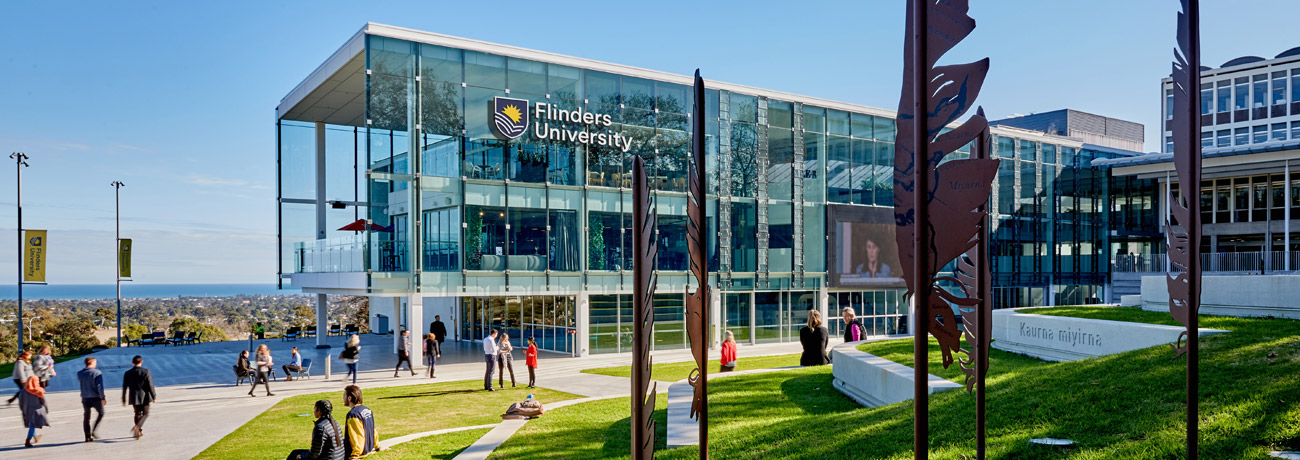

Flinders University recognises international secondary schooling for direct entry to undergraduate programs.
English language requirements
Develop the knowledge and skills to analyse and interpret the impacts of key environmental drivers such as habitat destruction and fragmentation, changing climates, altered fire regimes and invasive species. The degree also teaches principles of reserve design, habitat restoration and other means of conserving species affected by human impacts.
What you will study
First year
A typical first year may include:
Second year
A typical second year may include:
Third year
A typical third year may include:
Honours year
A typical honours year may include:
Your career
The world has never been more attuned to environmental issues or the need to train and employ specialists who can help us reduce our impact and plan wisely for the future. Conservation has moved into the mainstream debate and biodiversity is high on the global agenda for governments, organisations and individuals.
Potential occupations include:
Potential employers include:
Level of Study: Bachelor Degree
Duration: 3 years
CRICOS Course Code: 039816E
English Requirements: IELTS Score UG 6
Annual Tuition: AUD$40,200.00
Disclaimer: The listings provided on the StudyAdelaide.com website are for information and promotional purposes only. The information, content and material provided in the listings is the sole responsibility of each education provider. While every care has been taken in preparing the information published on this website, StudyAdelaide does not guarantee the accuracy or currency of the content.